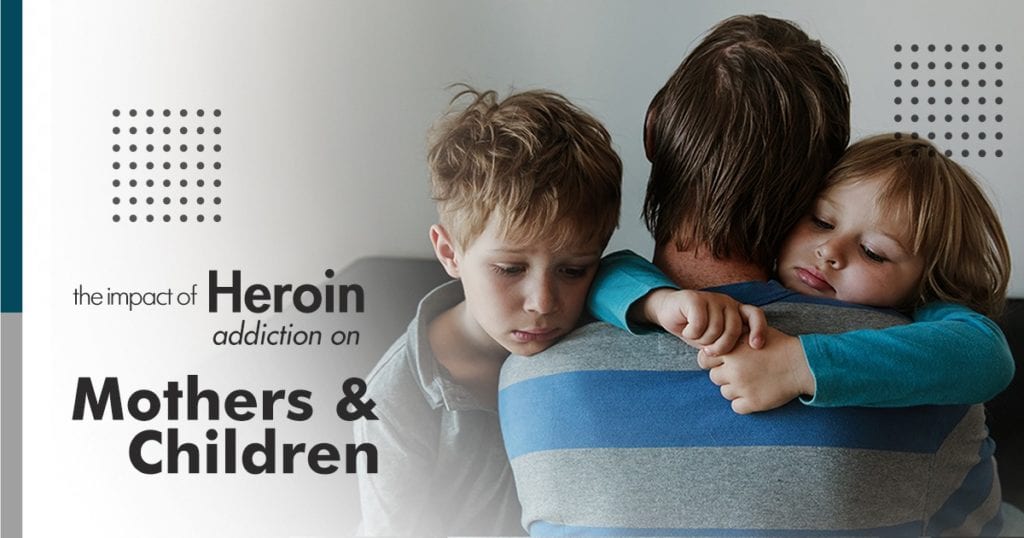
Many people don’t realize how their personal choices impact the people around them. In treatment settings, we have seen families destroyed by addiction; the victims are not always the people who are dealing with the illness. The victims become the loved ones who are most vulnerable. Addiction stems from many sources. Growing up in a toxic environment, sexual trauma, emotional abuse, genetics, peer pressure, etc. For many people, addiction is just in their blood. But there needs to be a catalyst event to turn addictive personalities into people with substance use disorder.
How come so many people get hooked on heroin? The risks and dangers are well known; it’s common knowledge that heroin ruins lives.
What leads people to take that first step to heroin addiction, then?
The Opioid Epidemic
Believe it or not, Medical Doctors (MD) are often the cause for most heroin addictions. A car accident, fall, or medical procedure leaves a person in a lot of pain; a doctor then will prescribe an opiate medication to make them comfortable. The medicine may do its job and take the pain away, but what happens next? Opiates are highly effective and highly addictive; for this reason, they only get prescribed in limited amounts. It doesn’t take long for your body to become addicted to an opiate. You can quickly develop a dependence, and opiates are known to have some of the most severe withdrawal symptoms of any drug. You may finish the pills you were prescribed but still be in pain. Now you’re also dealing with extreme discomfort from opiate withdrawal. The combination of pain and extreme discomfort will often cause a person to try to get more pills, legally or illegally. Pain pills are difficult to come by, and without a prescription, they can be costly. These obstacles result in people turning to heroin. Heroin is still an opiate, so it has many of the same effects, but it’s a lot cheaper and easier to get. Who knew “back pain” would lead to so many people snorting and injecting heroin?Heroin Use in Pregnancy
In 2019, about %7 of pregnant women reported using prescription opioid pain relievers. Of those, 1 out of 5 reported abuse (meaning they got them from a source other than a medical supplier or used them for reasons other than pain relief.) Women face unique issues when it comes to addiction and substance abuse. Studies show that women who use drugs can have problems related to:- Hormones
- Menstrual cycle
- Fertility
- Pregnancy
- Breastfeeding
- Menopause
- Miscarriage
- Migraines
- Seizures
- High blood pressure
- Maternal death
- Substance abuse disorder
- Poor fetal growth
- Preterm birth
- Stillbirth
- Birth defects
- Neonatal Abstinence Syndrome (NAS)
Babies born addicted to Heroin?
Just like adults, babies can have drug dependencies. While pregnant, the fetus shares the mother’s internal resources. If a mother is putting heroin into her bloodstream, the baby is getting heroin into their bloodstream too. After the baby is born, it may experience withdrawal symptoms. Your baby will need to stay in the hospital for five to seven days after being born so the medical staff can monitor it for withdrawal symptoms (NAS). The severity of a newborn child’s withdrawal symptoms depends on the length and frequency of the mother’s drug use and if the child was delivered prematurely.Withdrawal Symptoms on Babies Born to Heroin-Addicted Mothers
Symptoms of drug withdrawal in a newborn can develop immediately or up to two weeks after birth and can include:- Blotchy skin coloring
- Diarrhea
- Irritability / excessive or high-pitched crying
- Abnormal sucking reflex
- Fever
- Seizures
- Hyperactive reflexes
- Stuffy nose and sneezing
- Slow weight gain
- Sweating
- Trembling
- Vomiting
- Low birth weight
- Premature birth
- Small head circumference
- Sudden Infant Death Syndrome (SIDS)
Growing up with a heroin-addicted mother
When you are a Mother with a heroin addiction, the roles end up being switched. Your child may be the one who has to take care of you. Children are often manipulated by their mothers when addiction is a factor. They can be asked to get drugs, steal, lie, and cover-up. The sad part is, they think they are helping. They may bear witness to some very traumatic events. They call 911 when you are lying on the ground unresponsive. They cry because they thought that was going to be the last time they saw you. They miss you when you are in rehab. They feel like they are to blame when you relapse. They lose trust and faith in you.Effects
What does this pattern of behavior do to this child?- Disappointment
- Fear
- Anxiety
- Emotional trauma
- Physical trauma
- Curiosity































